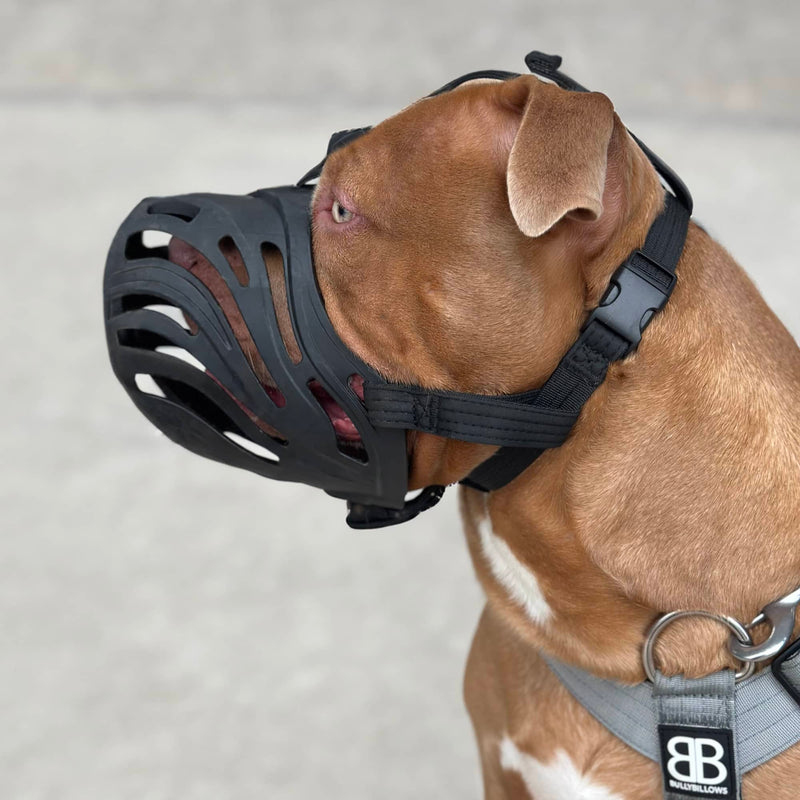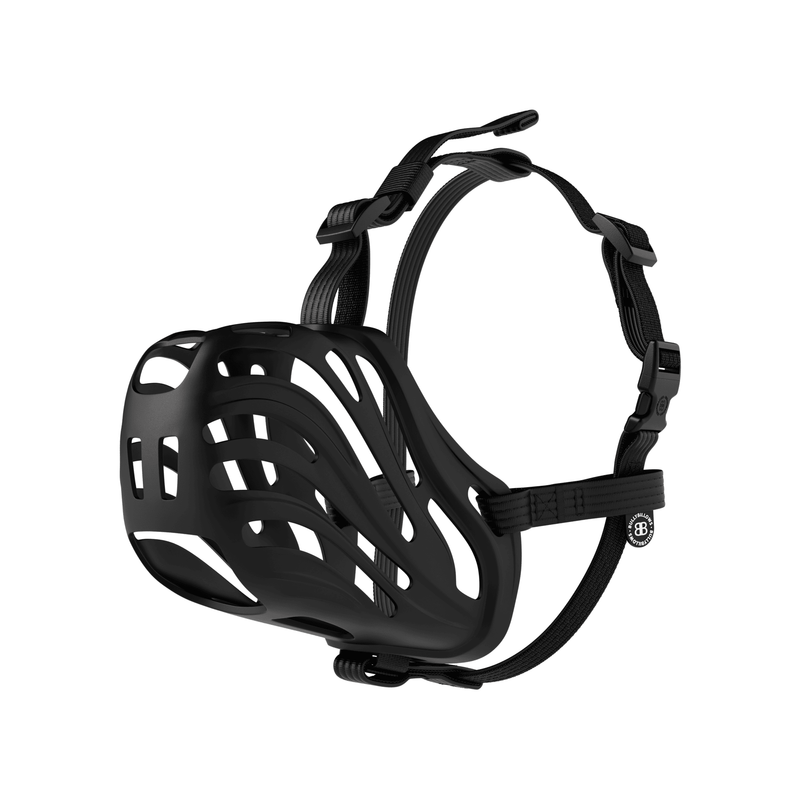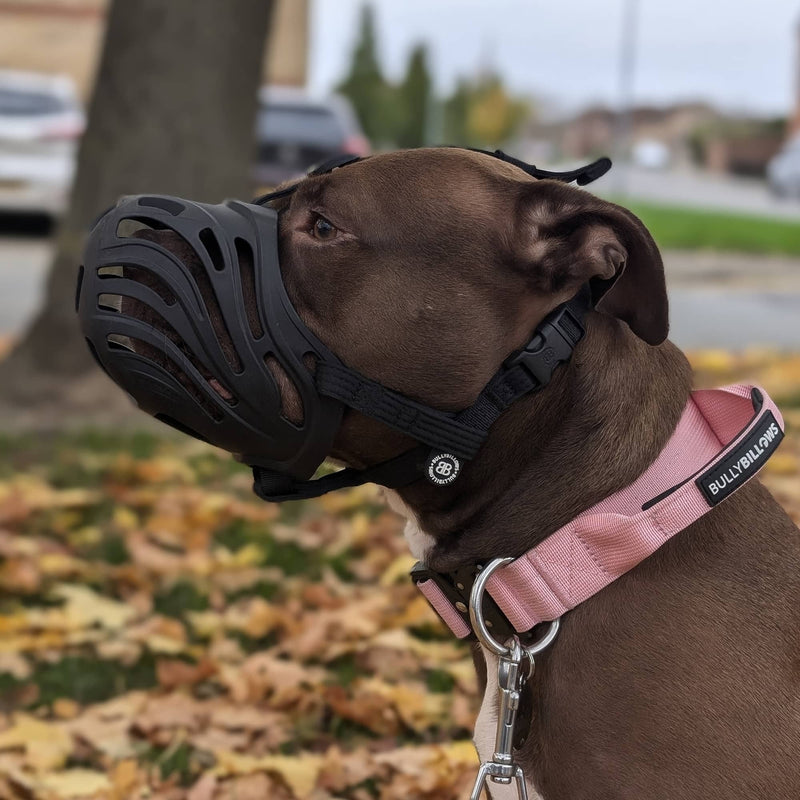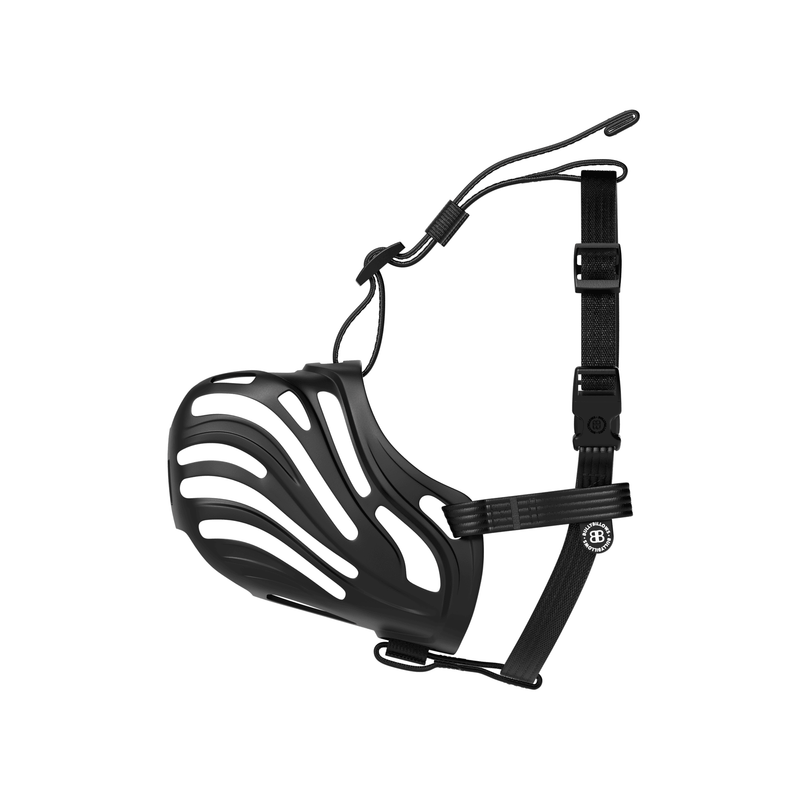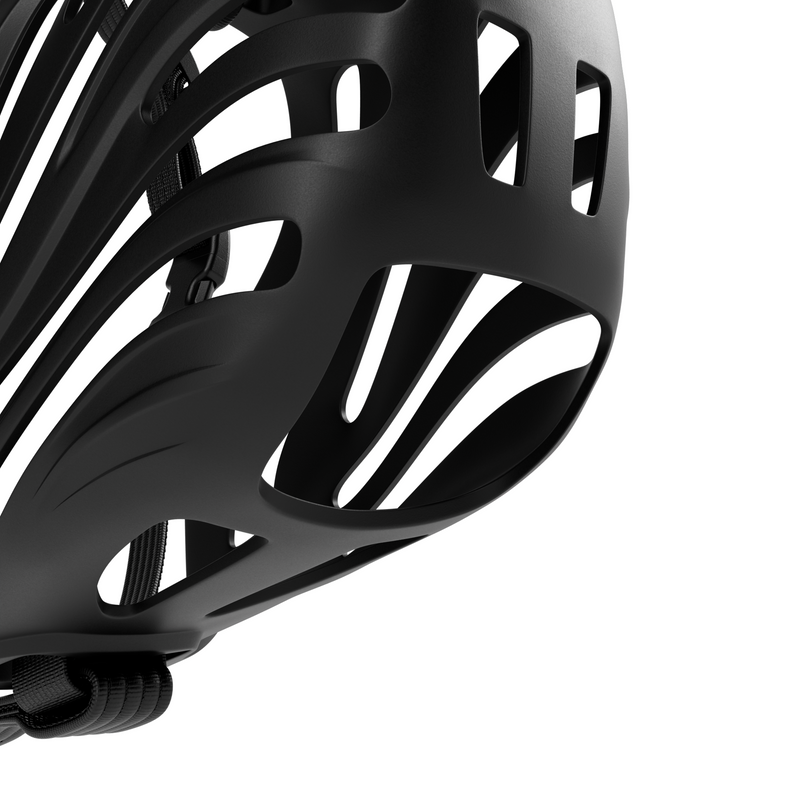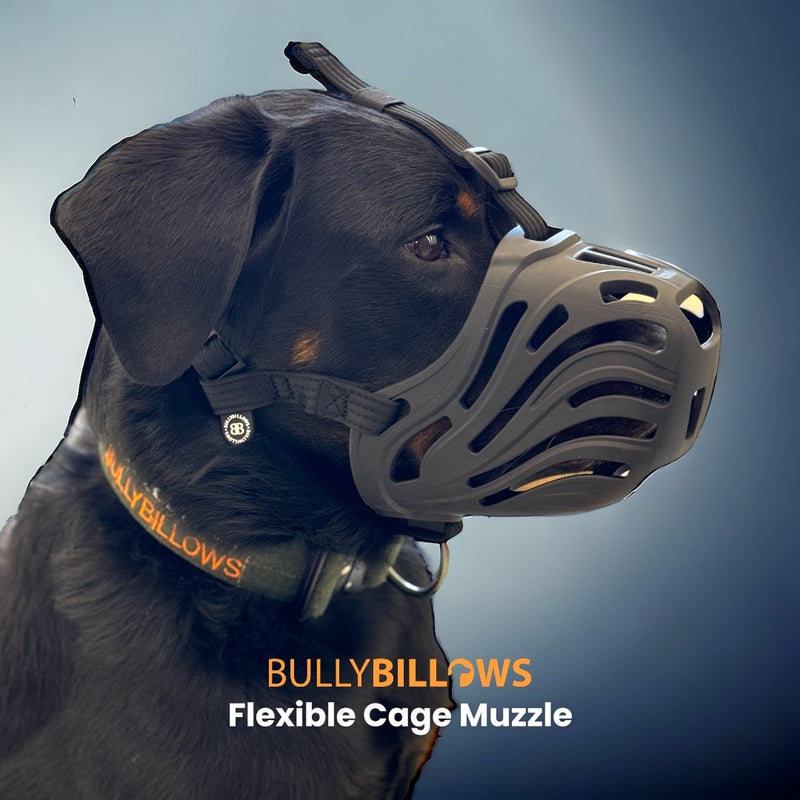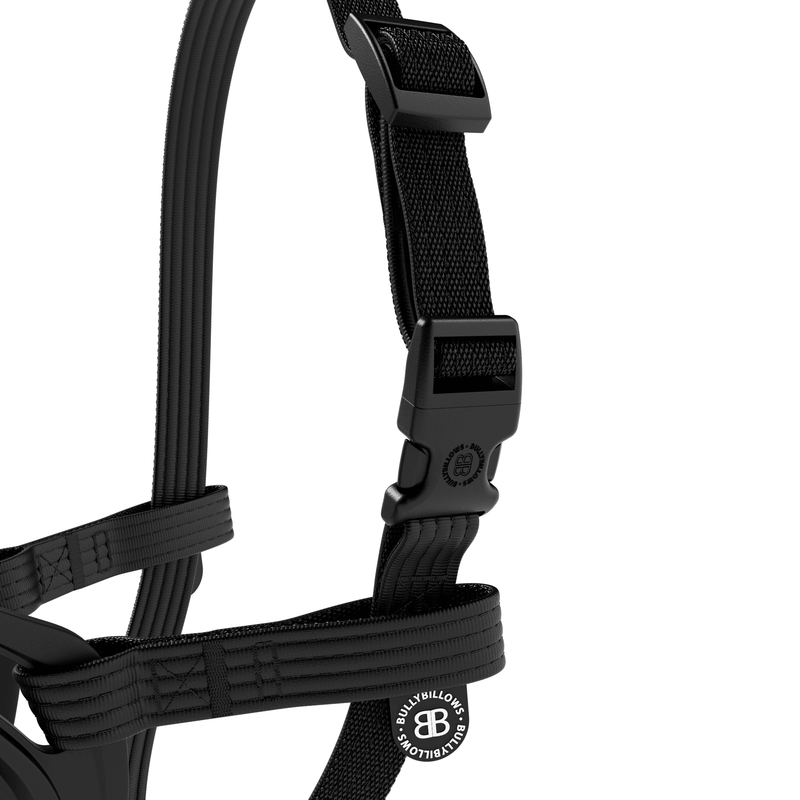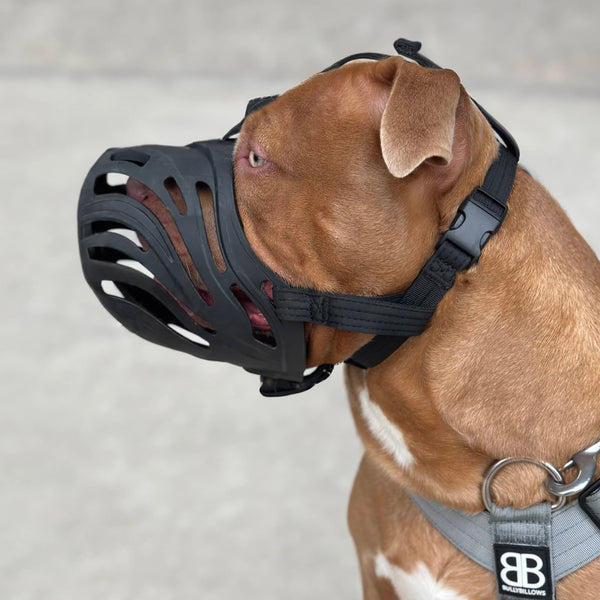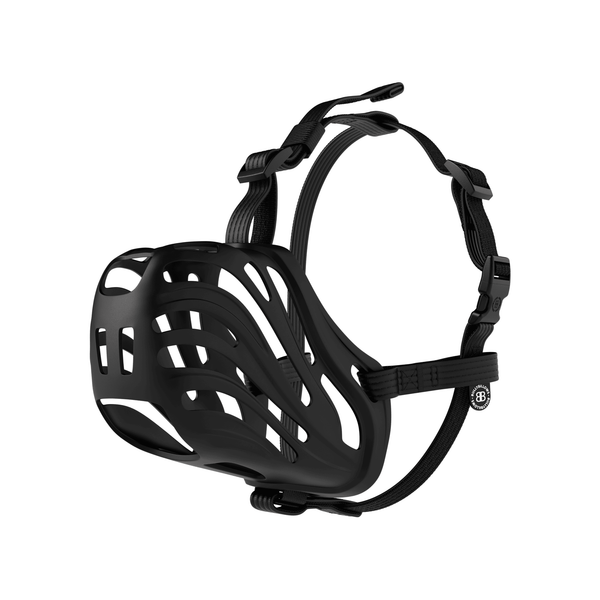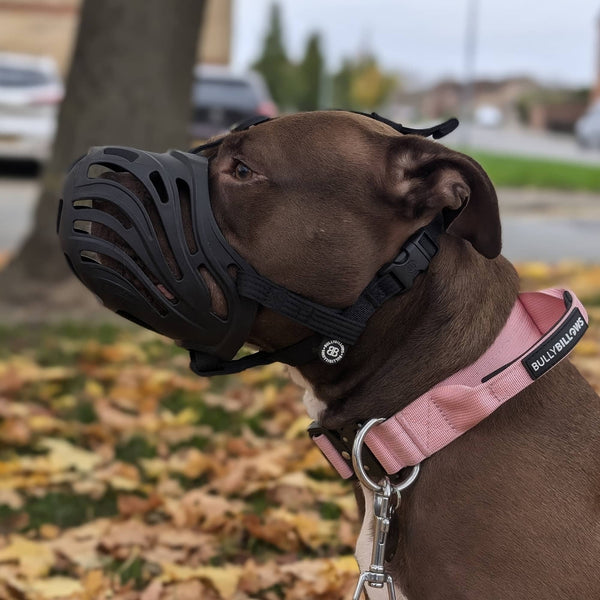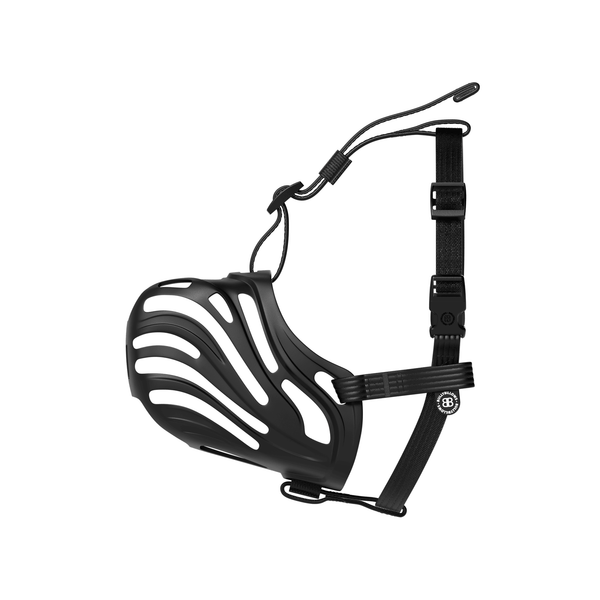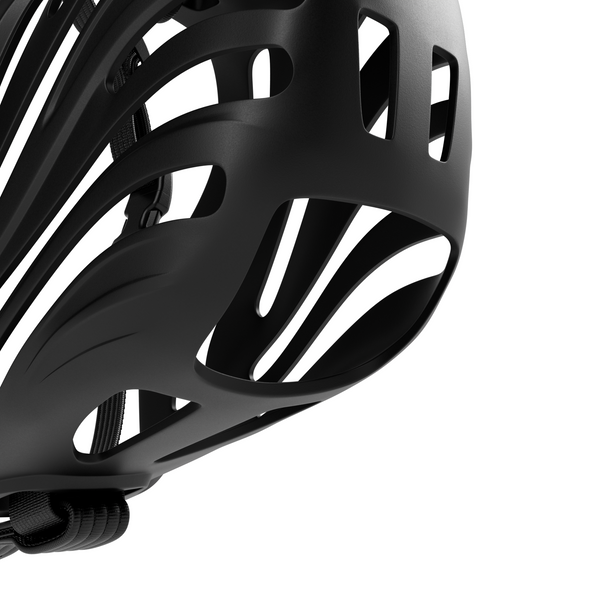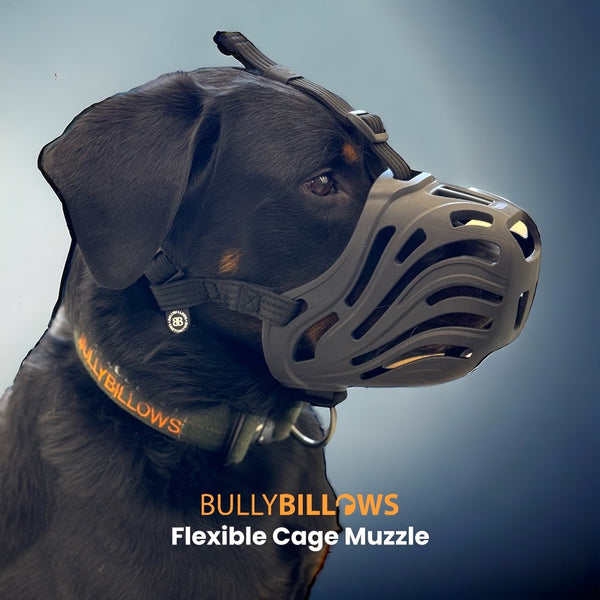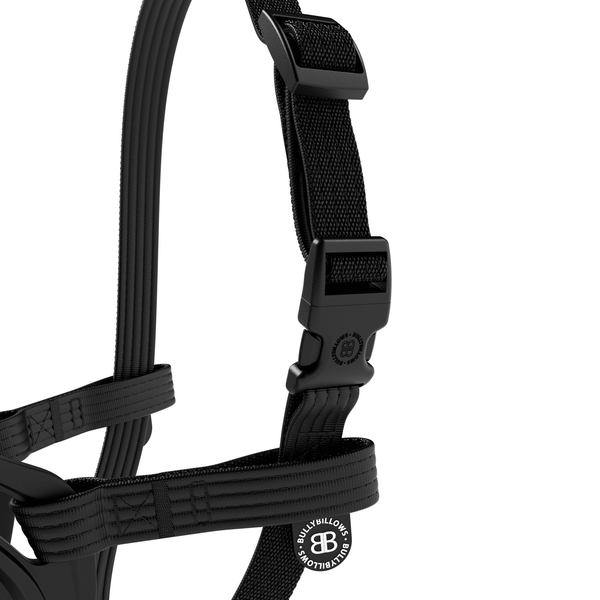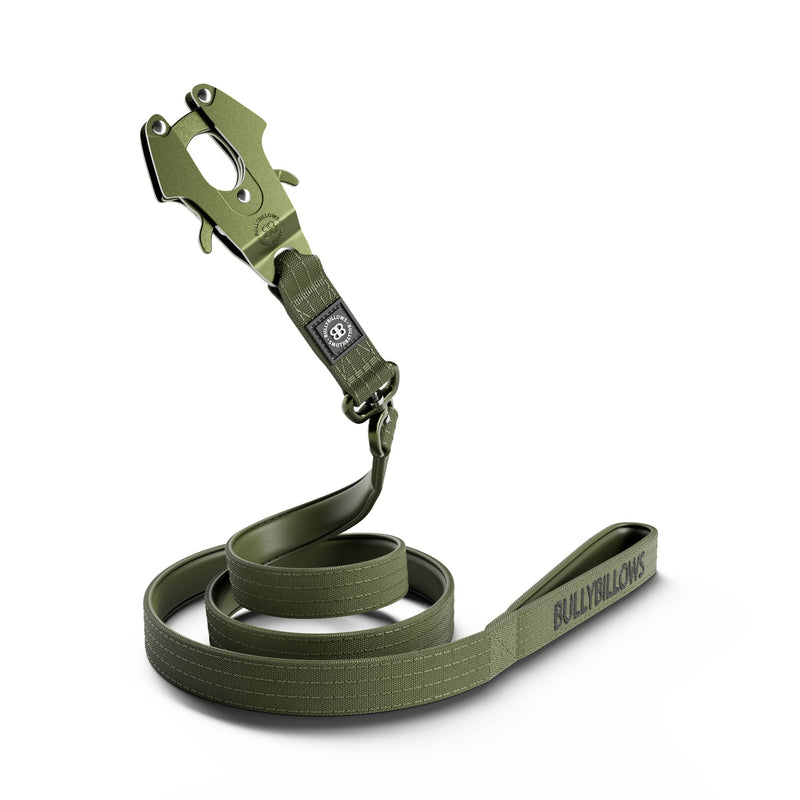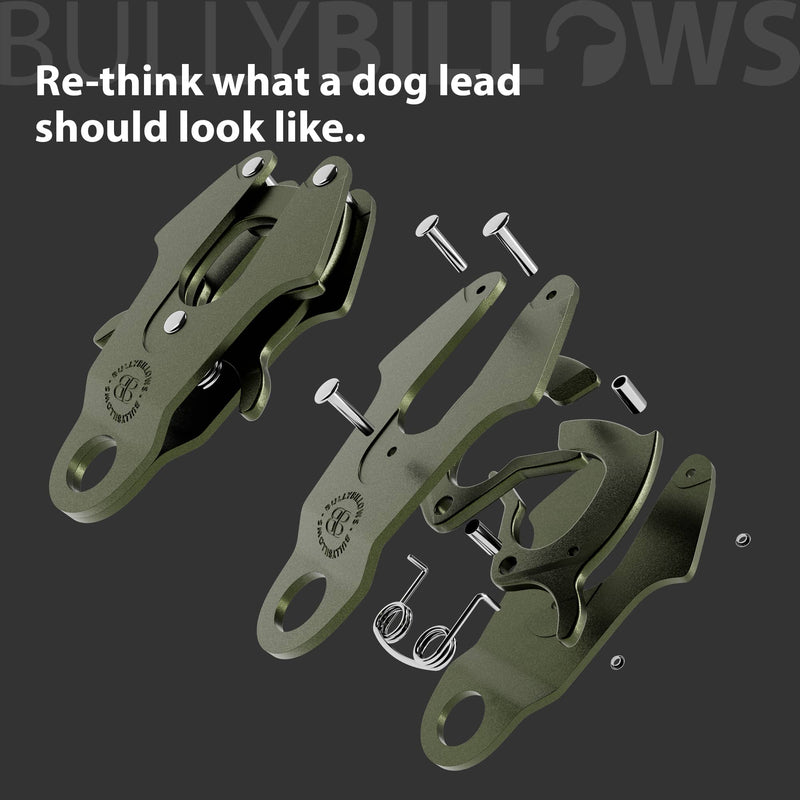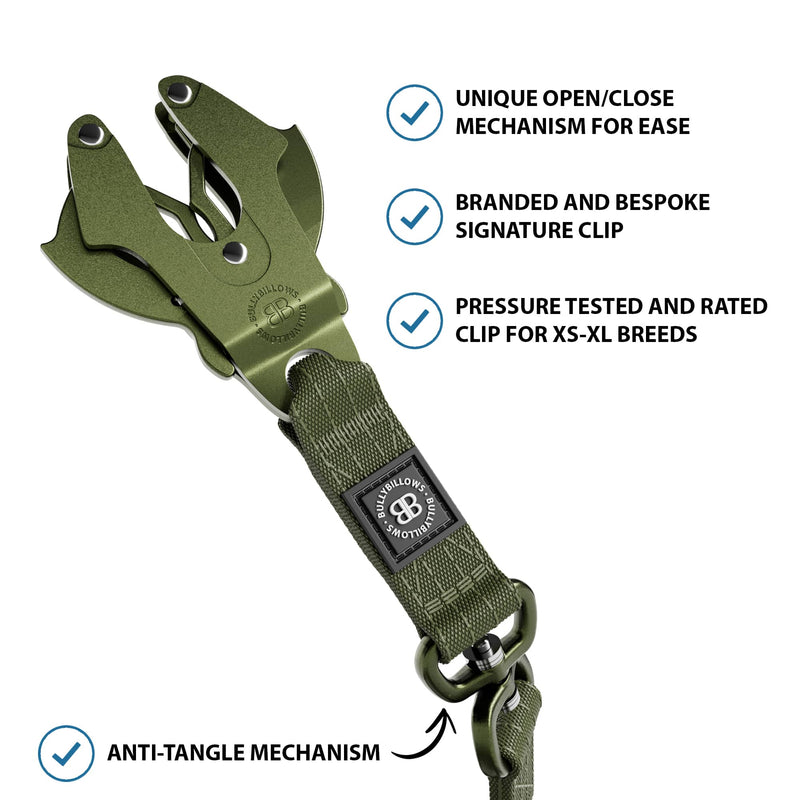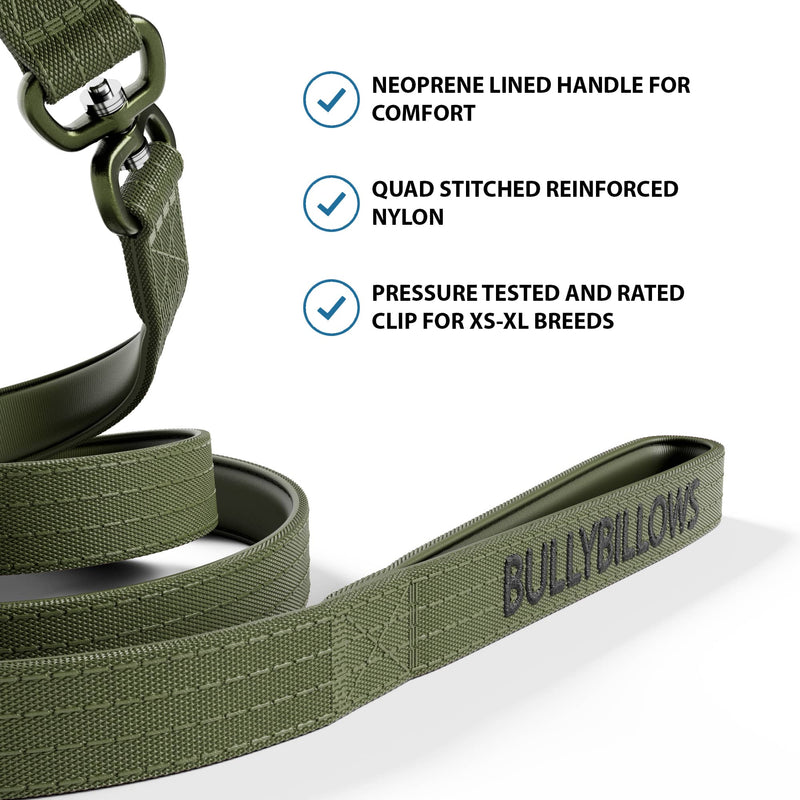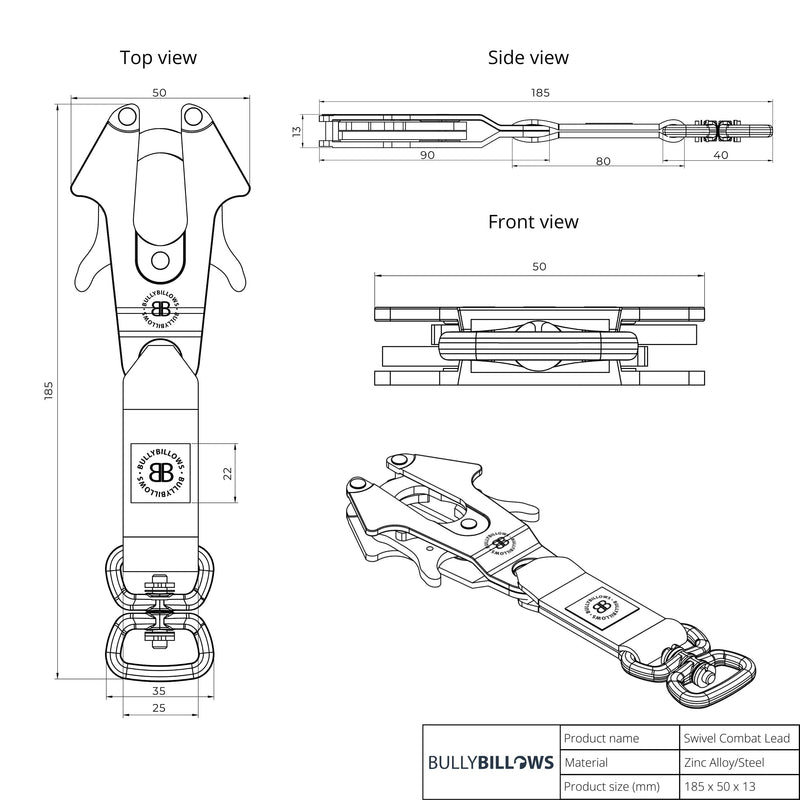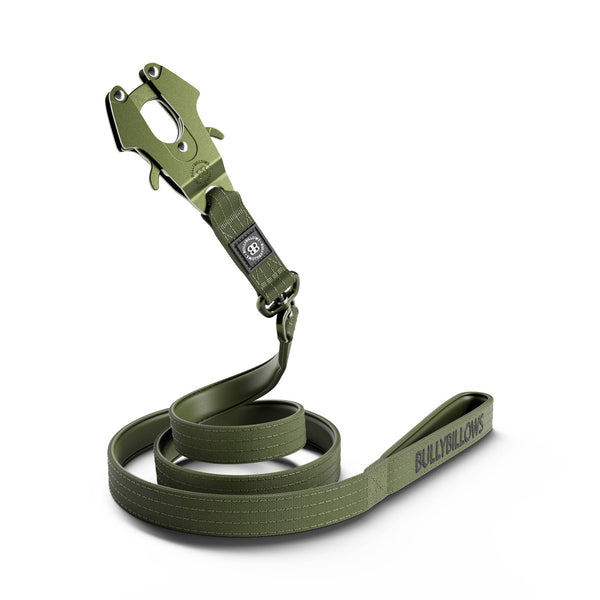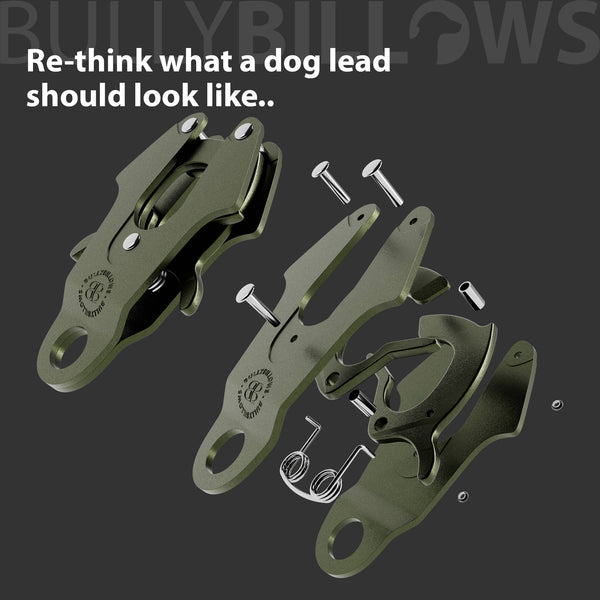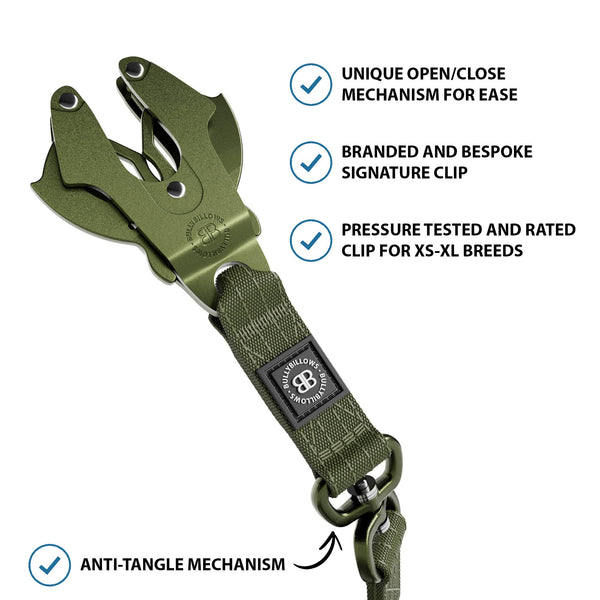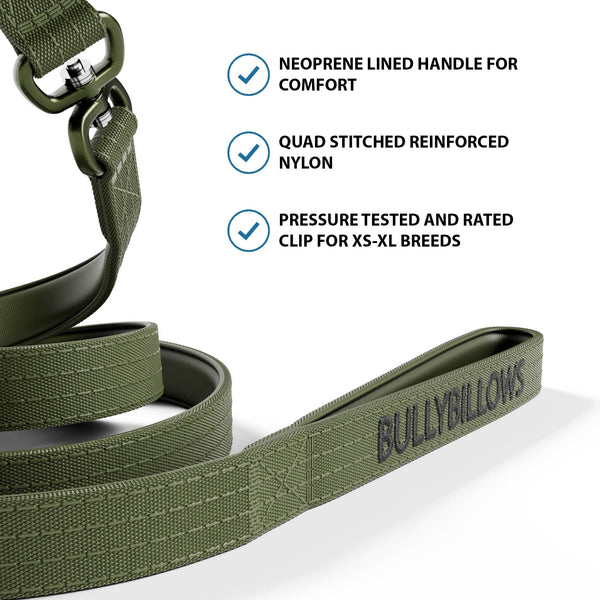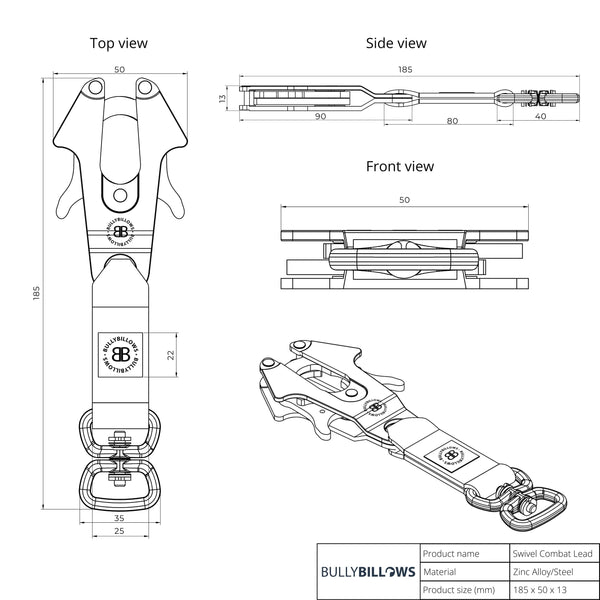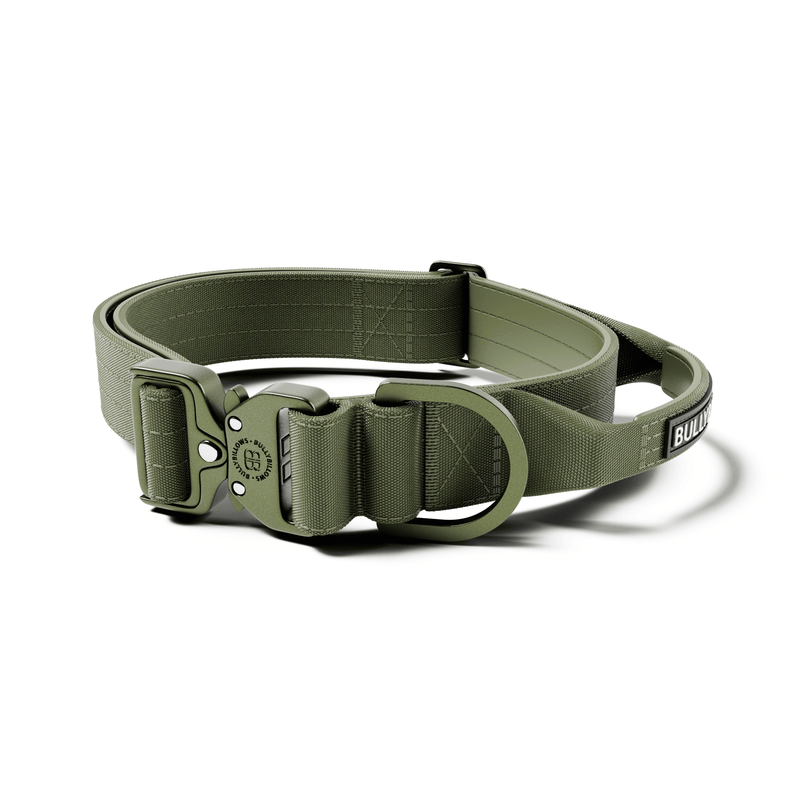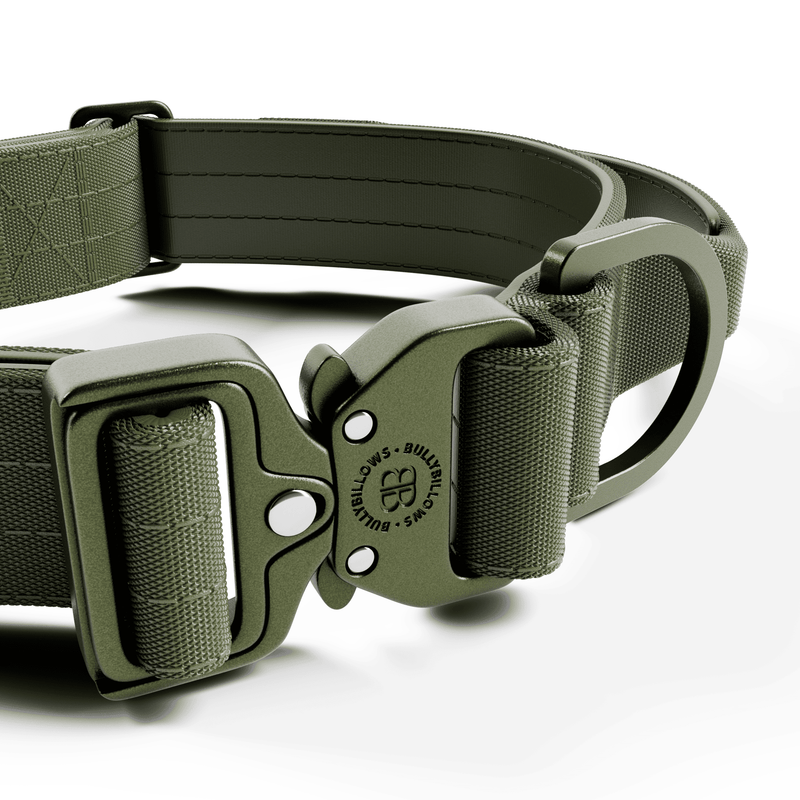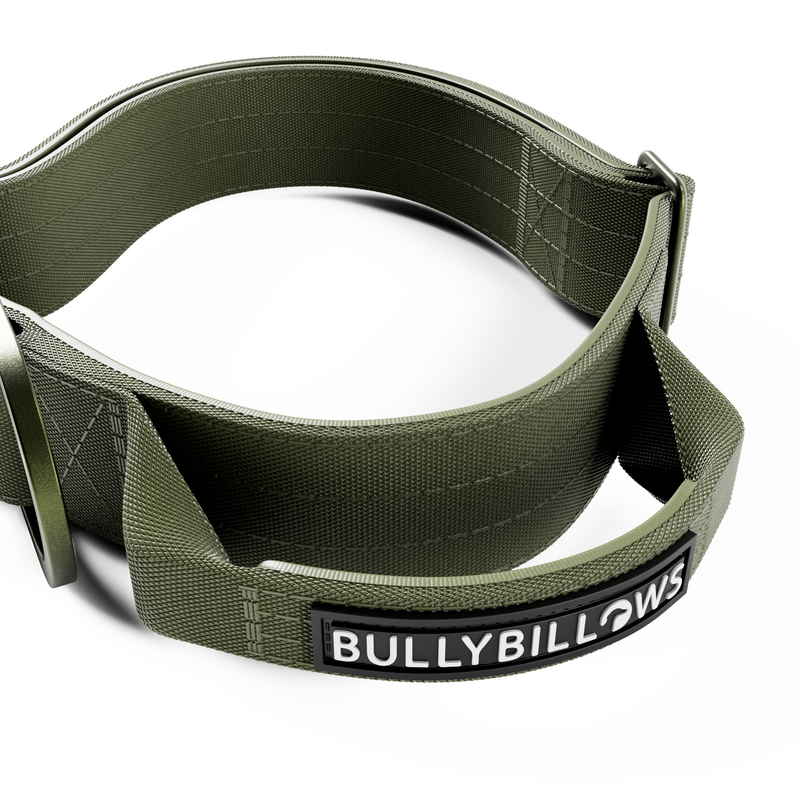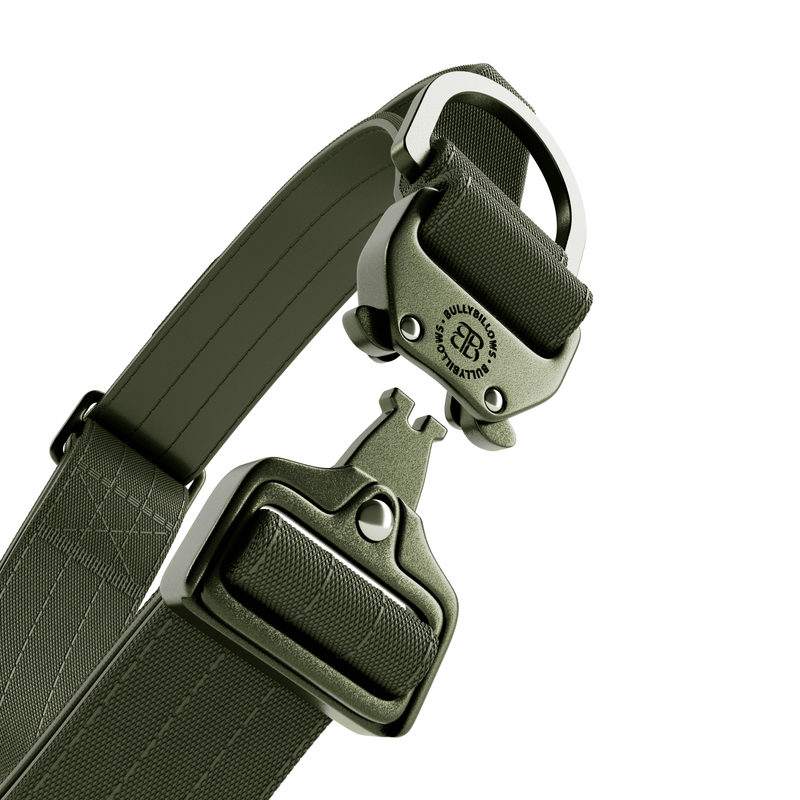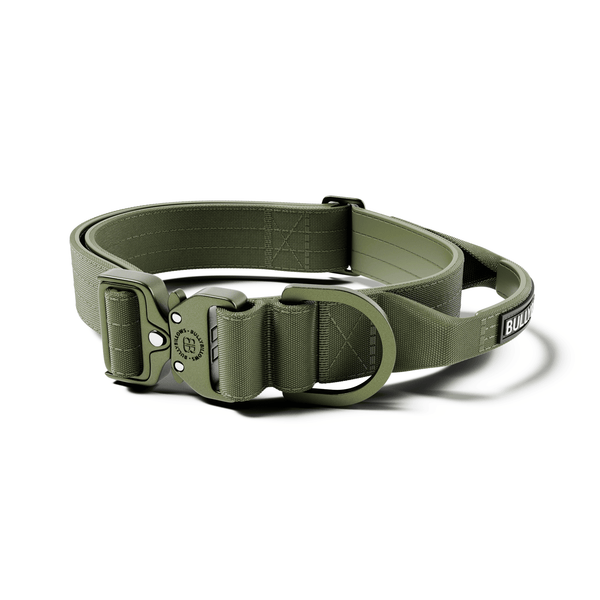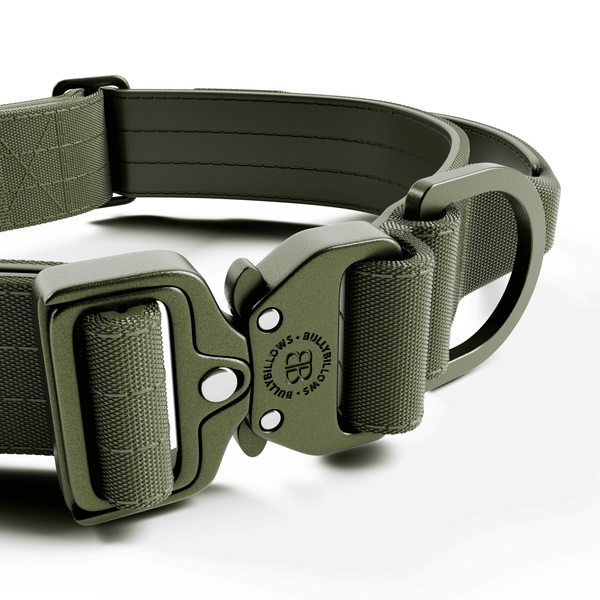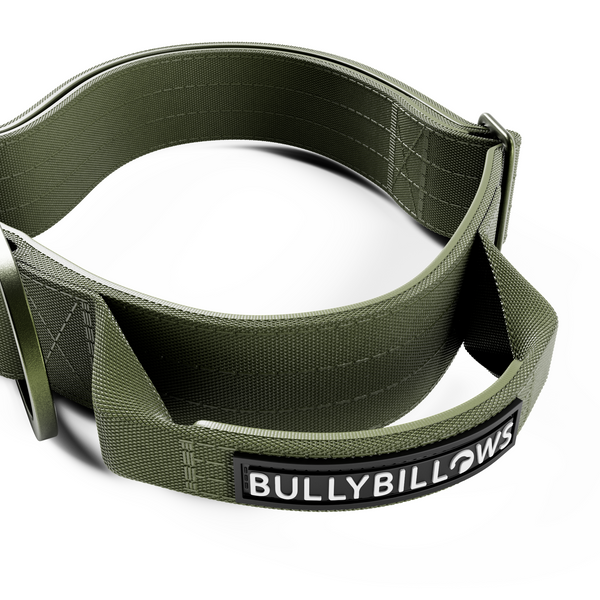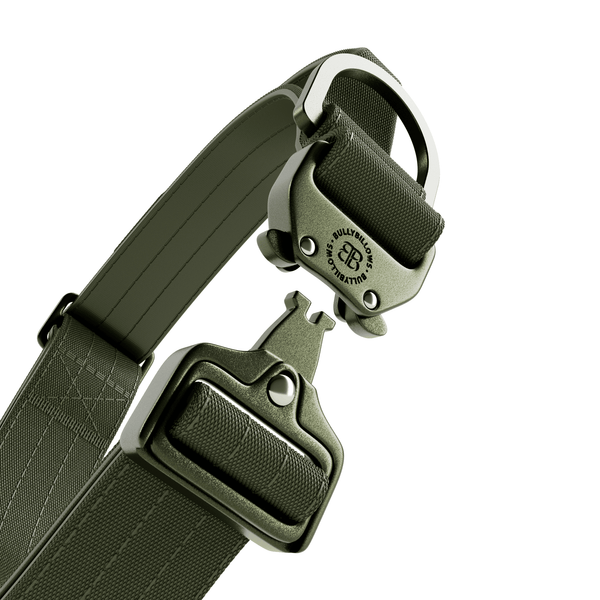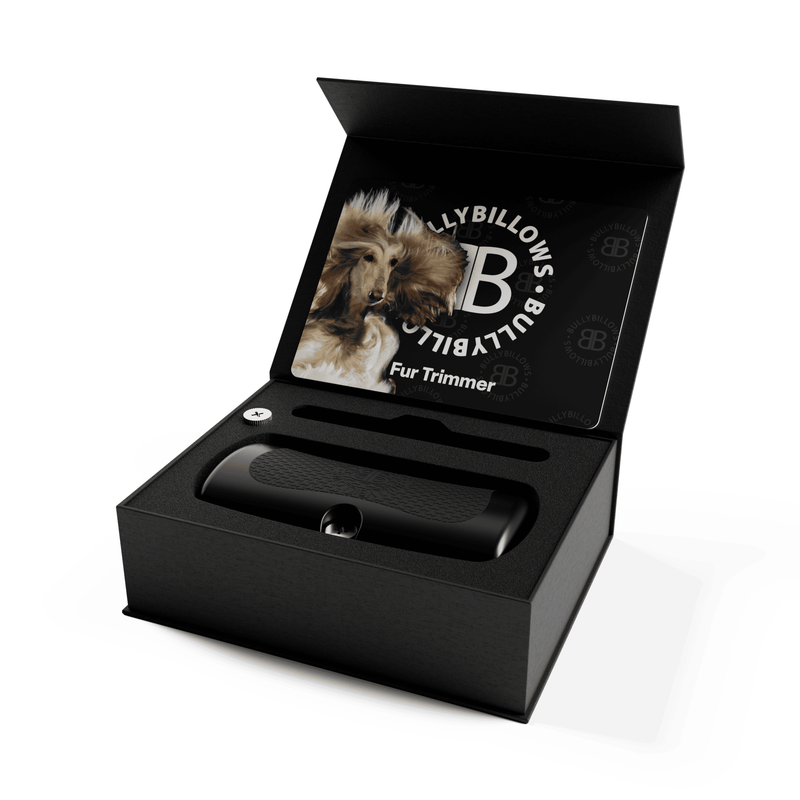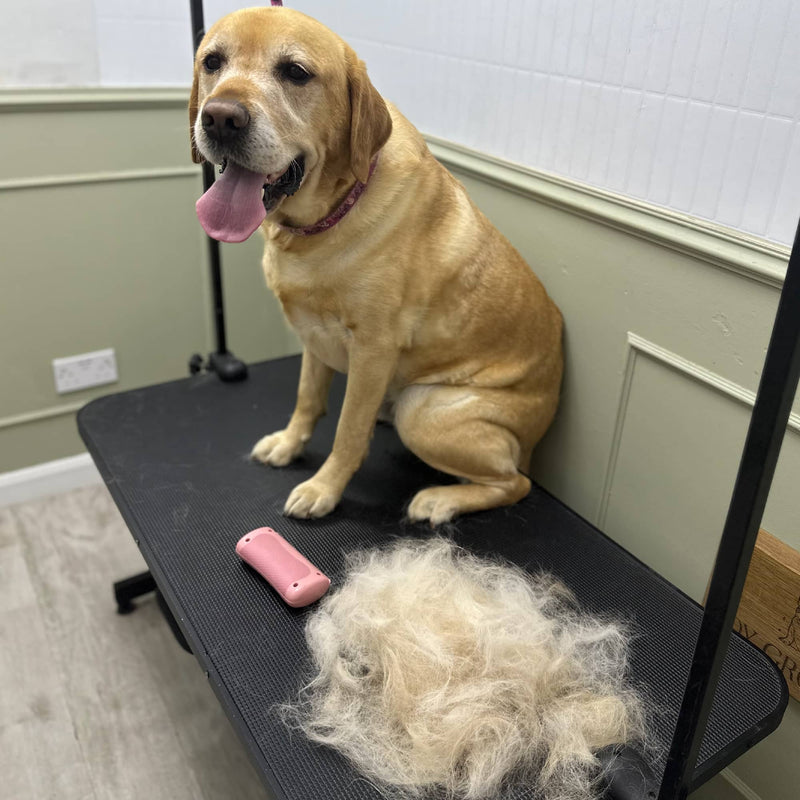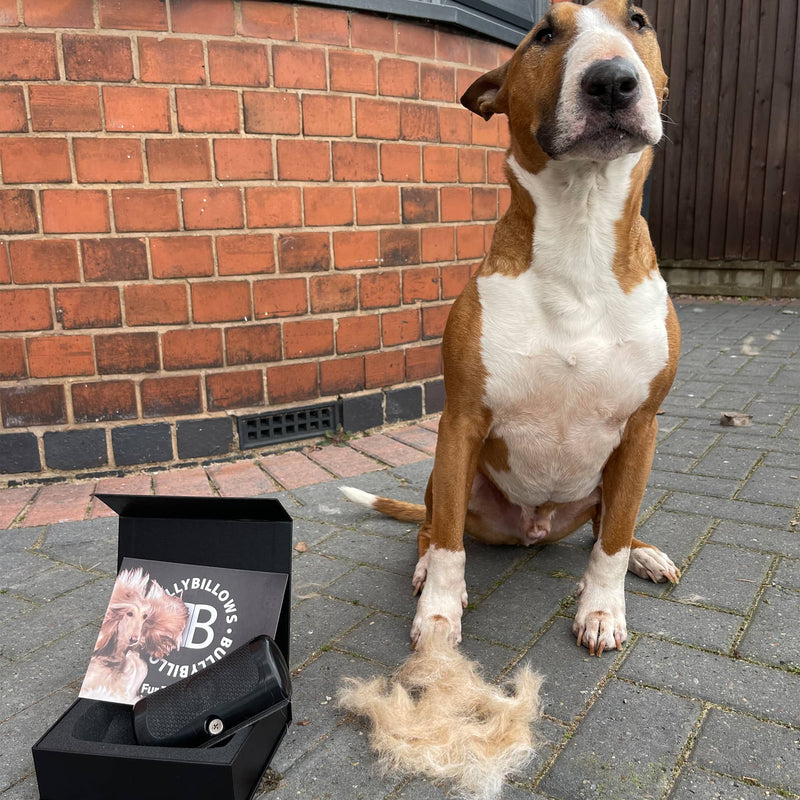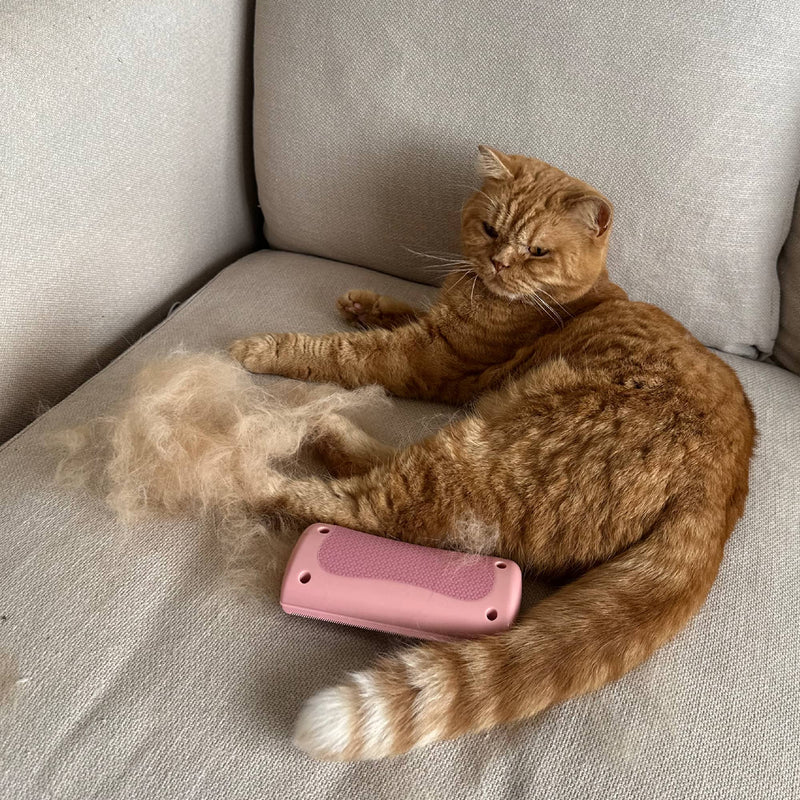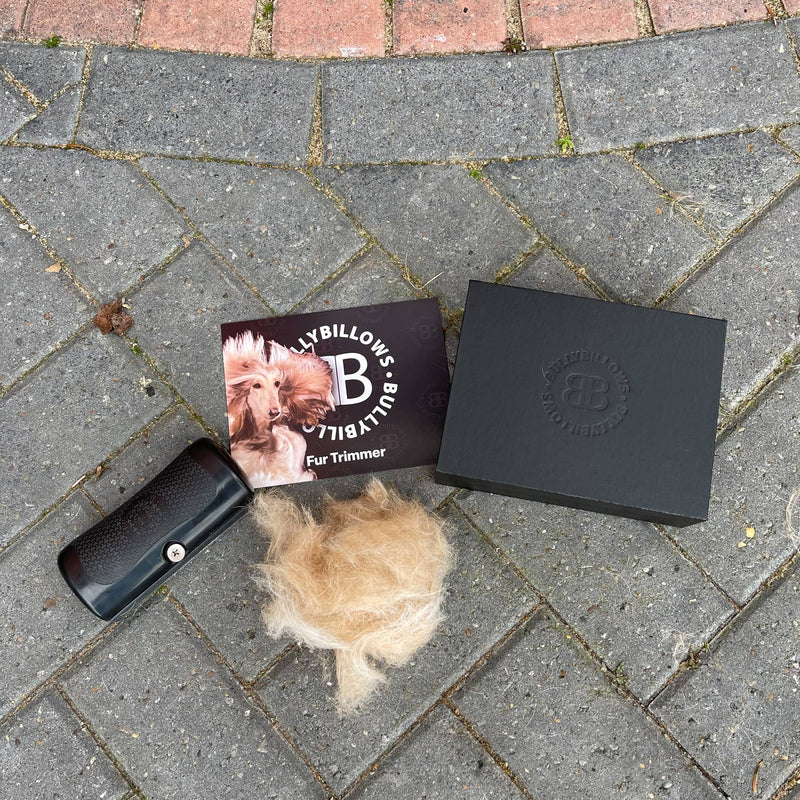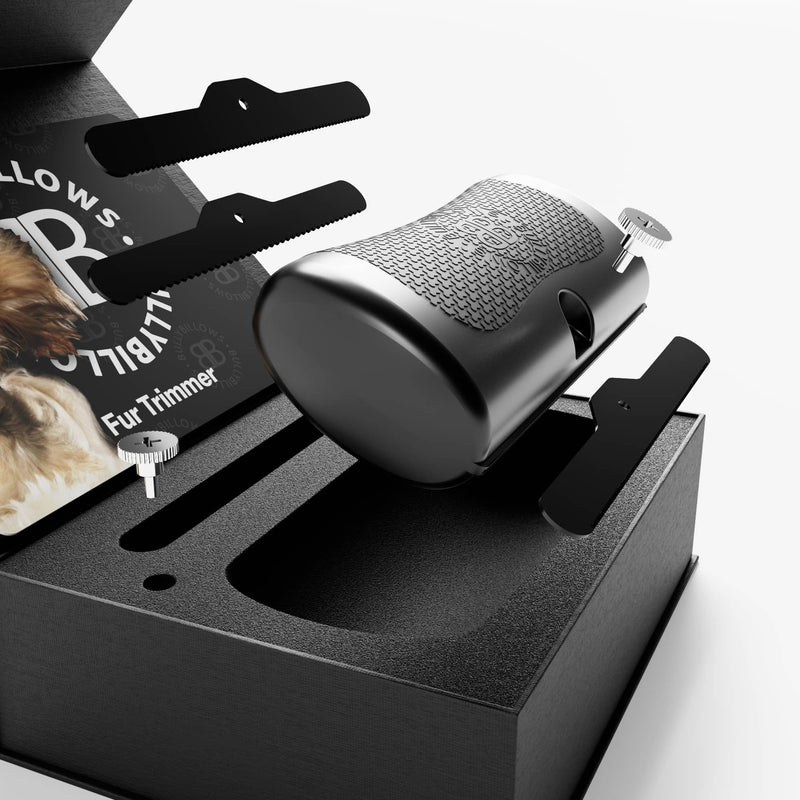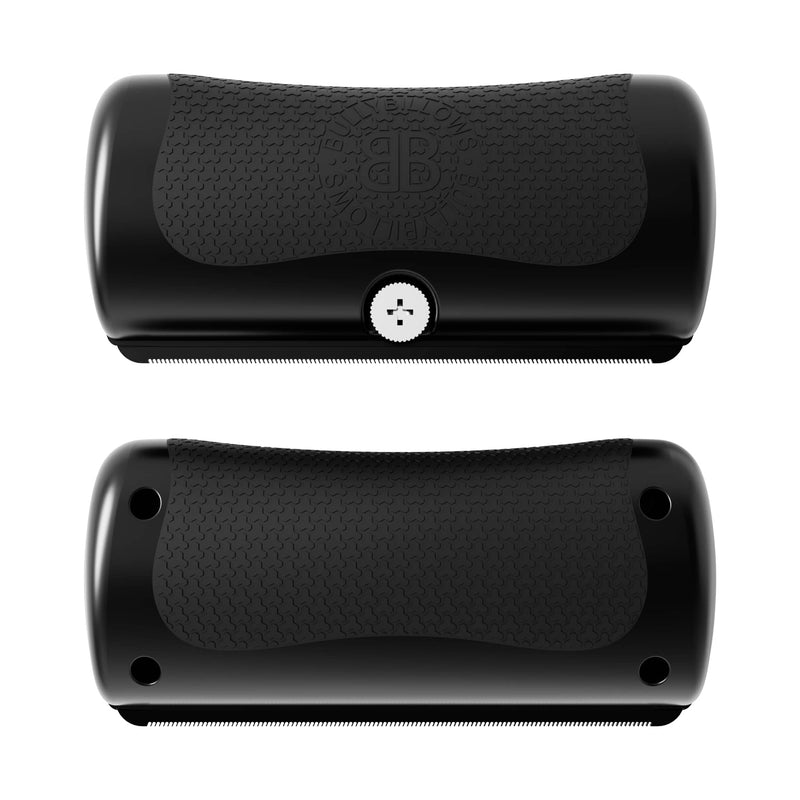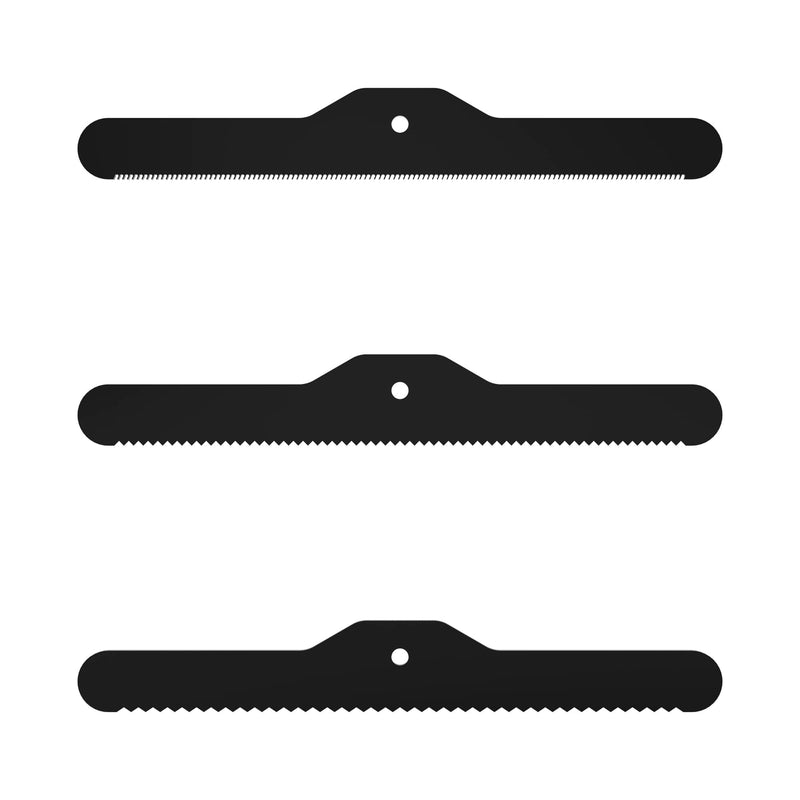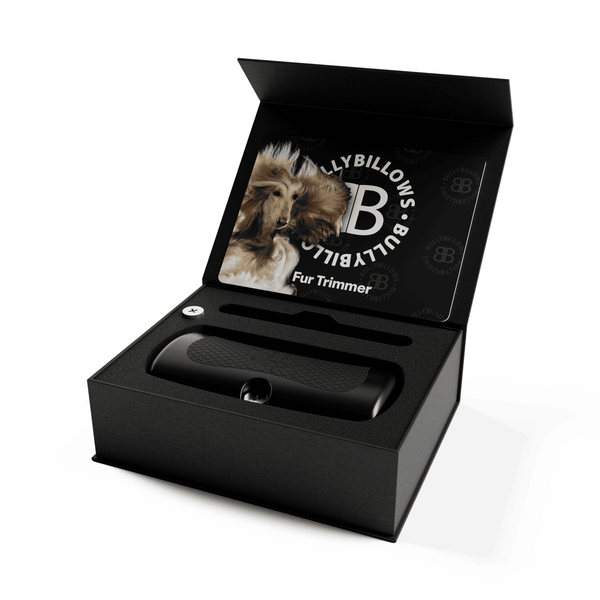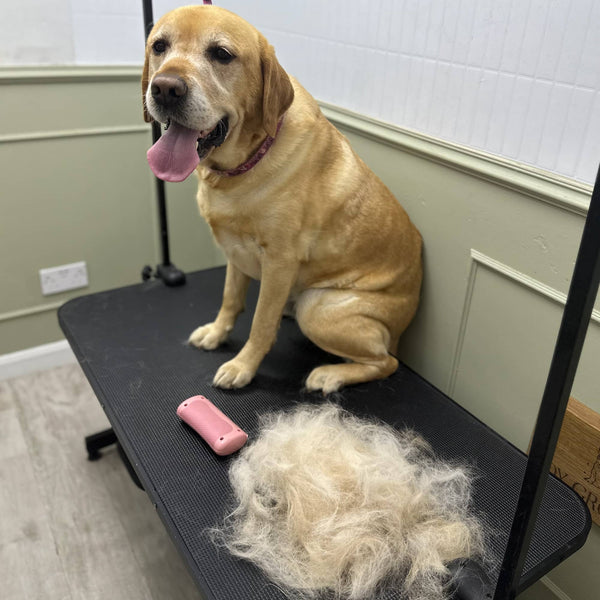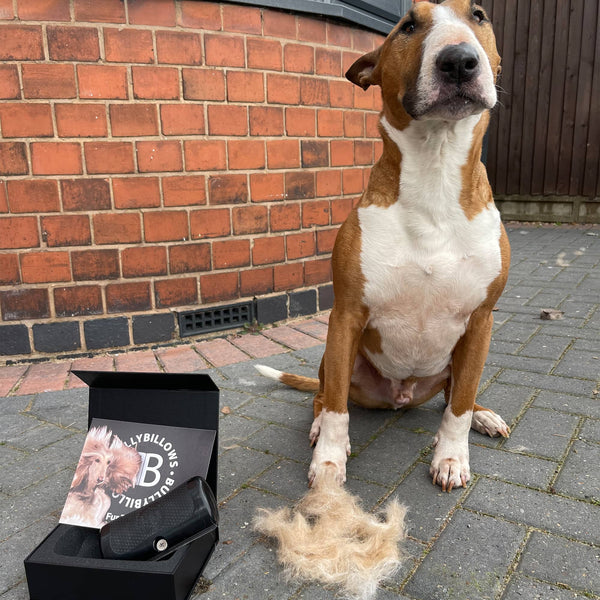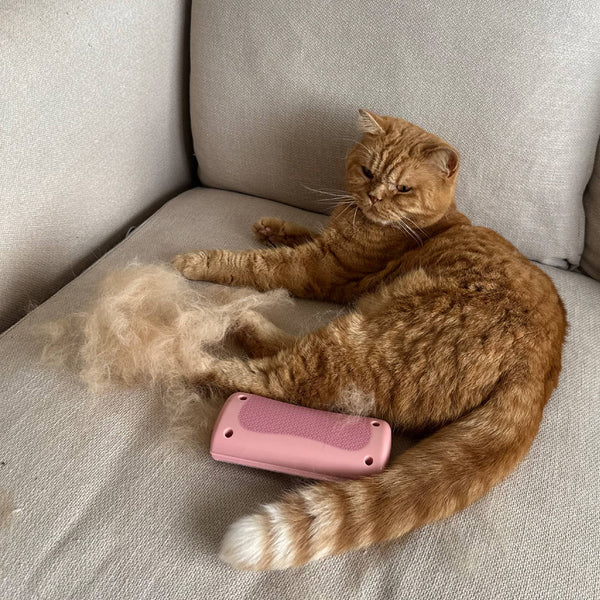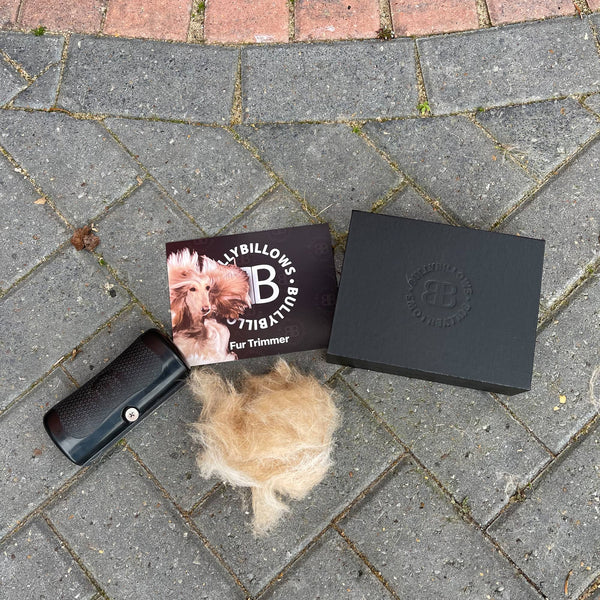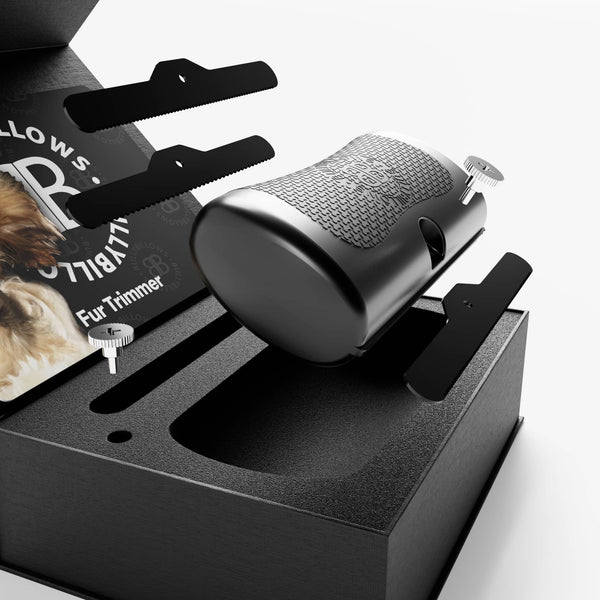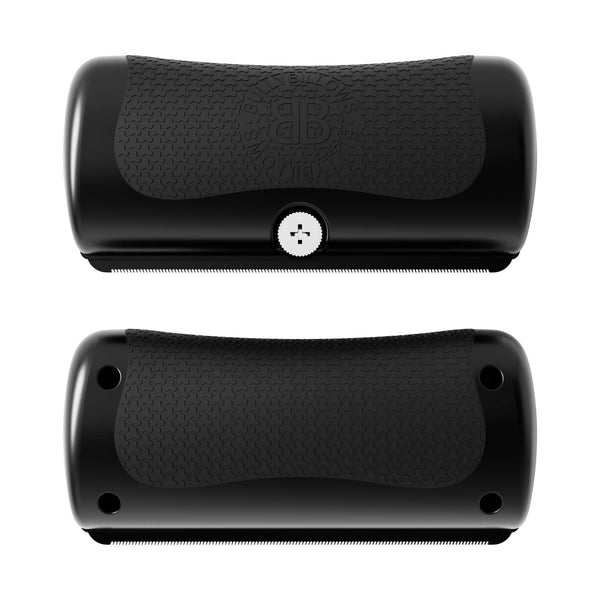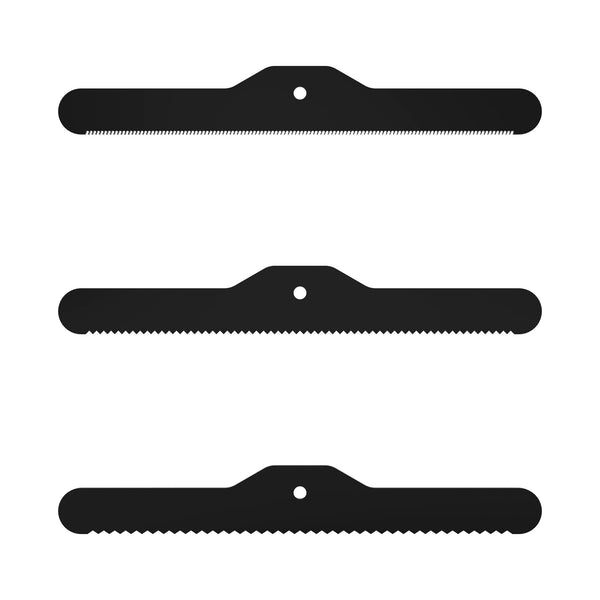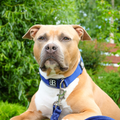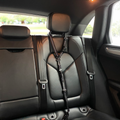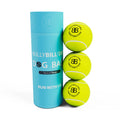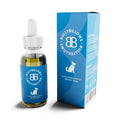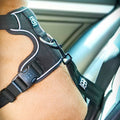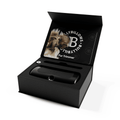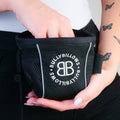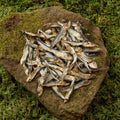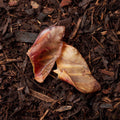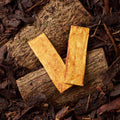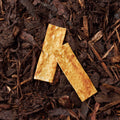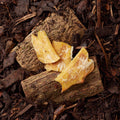Has your puppy been picking its nose in everything that you offer post-surgery?
Do you find it difficult to make your dog eat its food?
Is your pet reluctant to consume food post its surgery?
Undergoing surgery is never a cakewalk, and when it comes to your dog in particular, it gets even more difficult. Be it canine or a non-invasive one, both kinds of surgeries demand a high dose of anaesthesia— leaving your dog drowsy and unenergetic. Consuming food after surgeries can be extremely daunting for pets.
Your dog may even take a long time to completely recover from the illness and once again become its loving self. However, reduced appetite and sudden weight loss are general side effects of any surgery. Along with affecting your pets’ inner metabolism, an improper feed can also work against its overall recovery. This is why, as a responsible pet owner, it’s essential for you to know how to best deal with such a situation.
Loss of appetite is common after surgeries but not ideal for your pup. Normal living beings can skip meals for about 24 hours without experiencing any side effects, but things can take a negative turn after that.
Additionally, if your dog is still affected by anaesthesia, it’s absolutely fine to not feed them immediately after the surgery. Ensure you don’t force them to eat at such a point as it can result in a possible choking hazard!
Must Read: How to Take Good Care of an Injured Dog?
What to feed after surgery?
While feeding your dog is essential after the surgery, it is also important to serve the food that is best for your pup. Make sure to keep all your vets’ guidelines in mind and accordingly choose your dog’s meals post-surgery.
Each dog requires a different diet depending on the essential vitamins your pup has lost. If the dog has lost a lot of liquids, feeding some ice cubes can help boost its inner metabolism.
● High Fat Diet
Generally, a high-fat diet is the best feed for any pup who has experienced a painful surgery. It assists in providing all the essential nutrients in a single go. However, the veterinarian may suggest a more customised diet as per the original health issue your dog has suffered.
● Highly Digestible ingredients
After the surgery, your pet may have issues with digestion. Thus, keep them on a light diet but don’t compromise on their nutrition. Ensure to feed your dog with highly digestible ingredients to keep the food absorption easy. A bowl full of healing mash with canned pumpkin can do wonders!
● Energy-Rich Food
As a recovering pet requires extensive energy to get back to its normal routine, meals filled with essential nutrients are an absolute need. Such foods help provide the dog with the necessary strength and maintain its overall body mass. This can include chicken, meat, rice or even delicious boiled potatoes.
● Try Baby food
It may sound strange, but baby food can extensively help your pup get through. Its soft components require less chewing and assist in keeping the digestive system on track.
You can make them at home by just adding your pet‘s favourite carbohydrates in a blender and spoon-feeding it to your fur baby. As a responsible owner, don’t forget to check the label and verify the ingredients you choose to feed them.
● Manufactured Convalescence Foods
You can also consider feeding your dog with manufactured convalescence foods. These are solely designed to support your pet’s recovery along with being completely gentle on the digestion area.
Despite your pet’s suffering, the most important thing is that you stay calm and do not worry. Your mood plays a huge role in changing your dog‘s behaviour. Just remain patient, and your pup would accordingly understand that things are heading in a positive direction.
How to Feed Your Dog Post-Surgery?
The real worry sets in when it is over a day, and your furry friend still hasn’t consumed any food!
Since dogs can also experience discomfort after taking painful injections, it is vital not to force anything. Here are some of the most effective tricks to feed your dog post-surgery without hurting:
● Include tasty protein
After undergoing surgery, your dogs may crave their all-time favourite snacks. Make sure to bring them what they like for smoothening their healing process. If the specific snacks are not available, try enhancing the food with tasty proteins.
This would whet their appetite and provide the much-needed energy for the body to recover. These include cooked eggs, shredded cooked chicken (bones removed), or some boiled ground turkey. Like humans, eating extremely rich food can also upset the dogs’ stomachs. So ensure that the protein you choose is not a heavy or fatty one!
● Cook at home
At times, dogs remain super inclined towards home-cooked food rather than restaurant ones. While cooking, keep in mind the 1:1 ratio of a cooked protein and a carb. Some of the most exciting options can be chicken with pasta, ground turkey with rice or even delicious fish with potatoes!
● Serve warm food
If your dog used to eat dry kibble and is resisting the same after the surgery, consider warming it up. Just add some warm water to soften the chunks and help them eat better.
Microwaving the food for a few seconds after adding water is also an effective option. It enhances the taste and makes the dish more enticing for your furry pet.
● Hand-feed
A recovering pet is similar to a small baby who requires extensive care and attention. Getting on their level and feeding them with your own hands can help them feel more comfortable.
This is the time you show your immense love towards them and support your pet throughout their recovery phase. Try playing with them, talk softly and encourage them to get better.
Apart from the points mentioned above, remember each dog is unique and requires different medications. If your dog pukes after eating the meal, make sure that the food isn’t oily and try feeding them a lesser amount of food the next time. Call your veterinarian if things get worse after 24 hours without feed.
It is important to help your dog heal faster after surgery, and feeding them the right food can just do the thing. Exciting dog accessories can also assist in lifting their mood and getting back in shape. Shop wonderful dog collars from Bully Billows that best suit your furry friend today and support your pet to get going!


